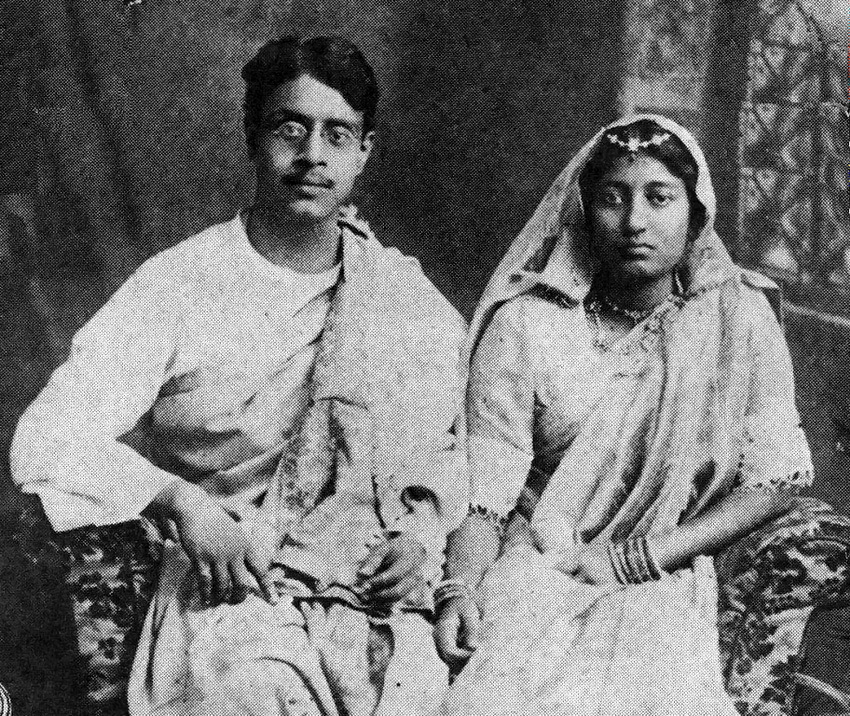|
Goopy Gayen Bagha Bayen
''Goopy Gyne Bagha Byne'' (Bengali language, Bengali: গুপী গাইন বাঘা বাইন Romanization of Bengali, ''Gupi Gain Bagha Bain'') is a 1969 Indian Fantasy film, fantasy Adventure film, adventure comedy film written and directed by Satyajit Ray and based on a story by his grandfather Upendrakishore Ray Chowdhury. It is a fantasy-musical film, with the music and lyrics written by Ray himself. This is the first film of the ''Goopy - Bagha'' series, and there are two sequels - ''Hirak Rajar Deshe'', which was released in 1980, and ''Goopy Bagha Phire Elo'', written by Satyajit Ray but directed by his son Sandip Ray, which was released in 1992. The film was based on the characters Goopy Gyne and Bagha Byne, who made their first appearance in the ''Sandesh (magazine), Sandesh'' magazine in 1915, with illustrations by Ray's grandfather Upendrakishore Ray Chowdhury. In 1961, after the revival of ''Sandesh'', Ray began contemplating the idea of making a film ba ... [...More Info...] [...Related Items...] OR: [Wikipedia] [Google] [Baidu] |
Satyajit Ray
Satyajit Ray (; 2 May 1921 – 23 April 1992) was an Indian director, screenwriter, documentary filmmaker, author, essayist, lyricist, magazine editor, illustrator, calligrapher, and music composer. One of the greatest auteurs of film-making, Ray is celebrated for works including ''The Apu Trilogy'' (1955–1959), ''The Music Room'' (1958), ''The Big City'' (1963) and ''Charulata'' (1964). Ray was born in Calcutta to nonsense rhyme author Sukumar Ray. Starting his career as a commercial artist, Ray was drawn into independent film-making after meeting French filmmaker Jean Renoir and viewing Vittorio De Sica's Italian neorealist film ''Bicycle Thieves'' (1948) during a visit to London. Ray directed 36 films, including feature films, documentaries and shorts. Ray's first film, ''Pather Panchali'' (1955) won eleven international prizes, including the inaugural Best Human Document award at the 1956 Cannes Film Festival. This film, along with ''Aparajito'' (1956) and ... [...More Info...] [...Related Items...] OR: [Wikipedia] [Google] [Baidu] |
